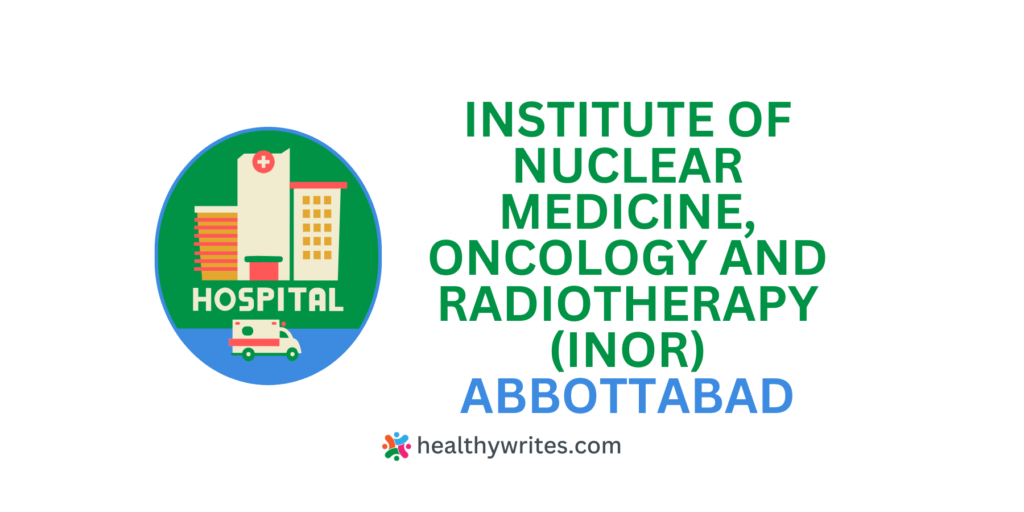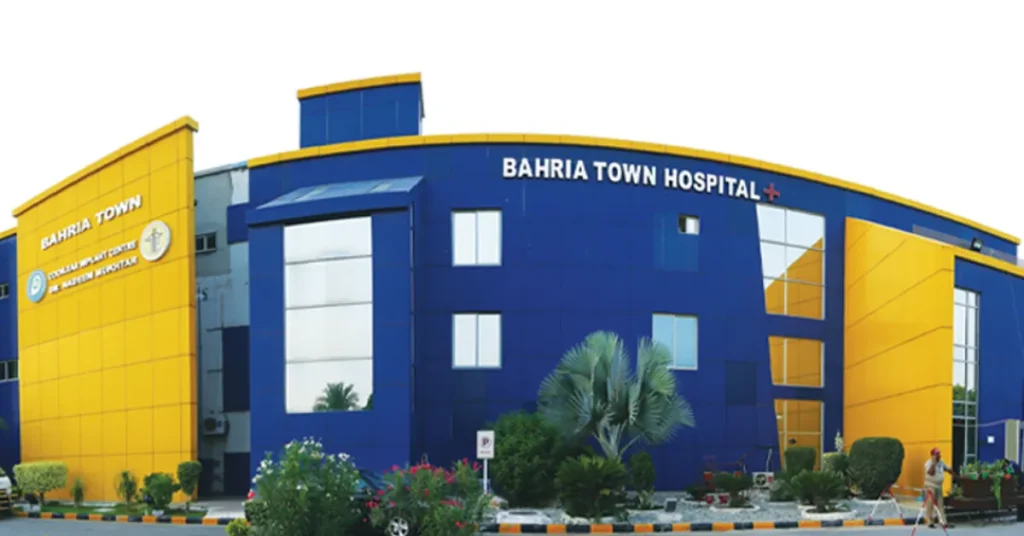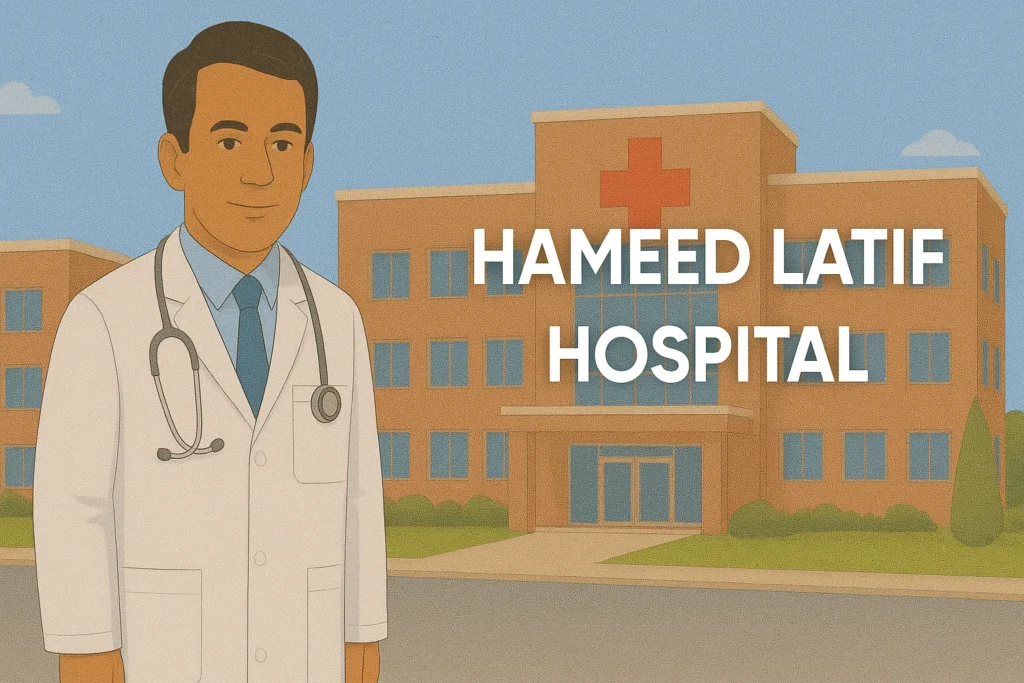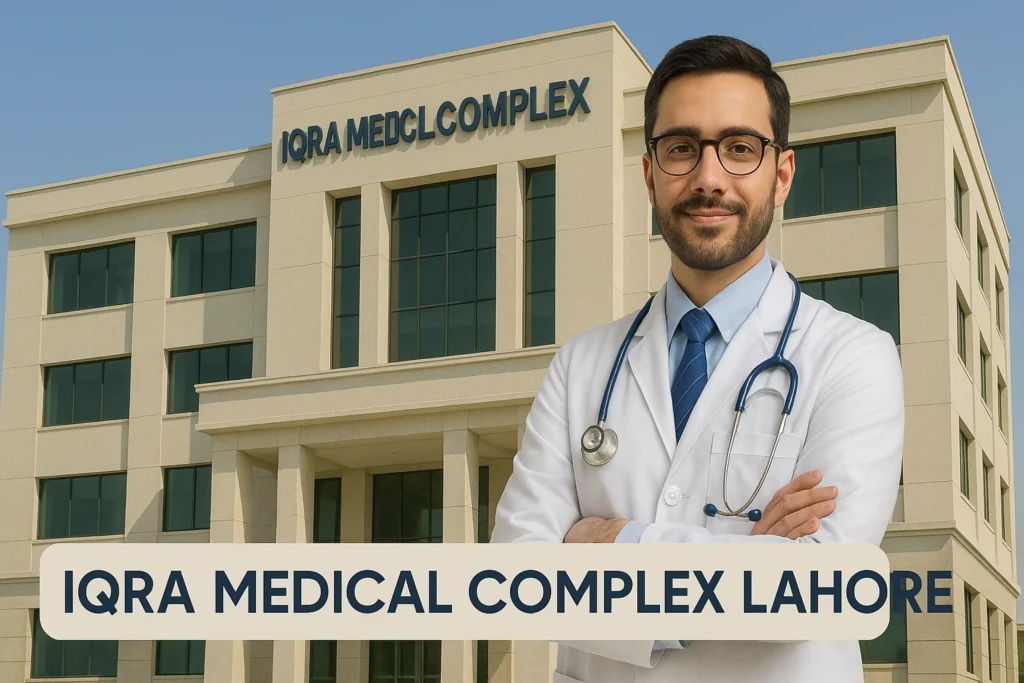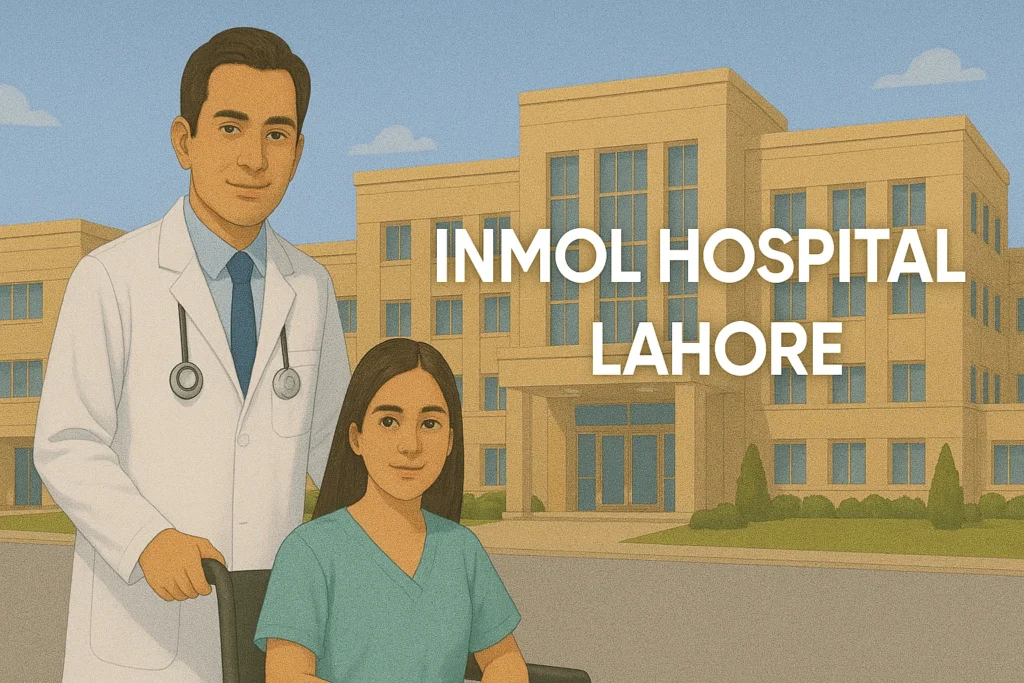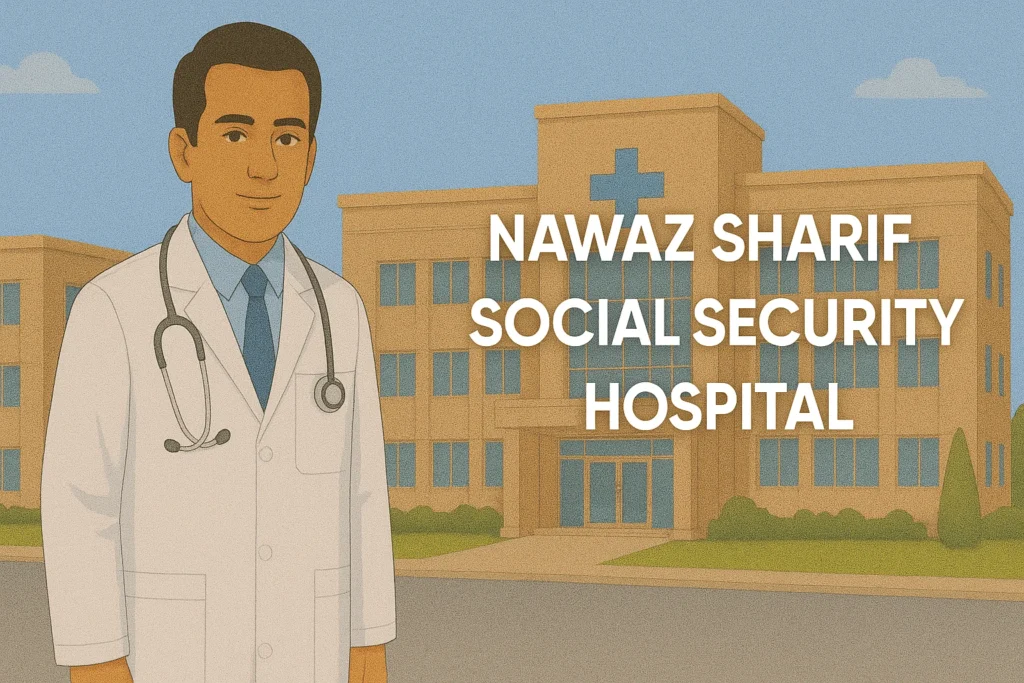Detailed Overview
The Institute of Nuclear Medicine, Oncology and Radiotherapy (INOR) in Abbottabad stands as a specialized healthcare center dedicated to the diagnosis and treatment of cancer and related diseases. As part of the regional network of cancer care, INOR plays a crucial role in offering comprehensive oncology services, advanced imaging diagnostics, and radiation therapy to patients not only from Abbottabad but also from the wider Hazara region, Gilgit-Baltistan, and nearby districts.
Establishment and Purpose
INOR was established to address the rising incidence of cancer in northern Pakistan and to bring specialized treatment closer to patients who would otherwise need to travel long distances to larger cities. The center was built with the aim of combining modern medical technology, trained specialists, and patient-centered care to improve early diagnosis, effective treatment, and overall patient outcomes.
Specialized Services
INOR focuses on oncology and nuclear medicine, providing an integrated set of services that includes:
- Radiotherapy: Uses advanced radiation equipment to target and destroy cancerous cells with precision while minimizing damage to healthy tissues.
- Nuclear Medicine: Offers diagnostic scans using radiopharmaceuticals to detect tumors, assess organ function, and monitor treatment progress.
- Chemotherapy: Administers anti-cancer drugs, either alone or in combination, as part of comprehensive cancer treatment plans.
- Diagnostic Imaging: Includes facilities for CT scans, bone scans, and other nuclear imaging techniques critical for staging and evaluating cancer.
- Oncology Clinics: Provides outpatient consultations, follow-ups, and personalized treatment planning for cancer patients.
- Palliative Care: Focuses on improving quality of life for patients with advanced disease, managing symptoms, and offering emotional support.
Infrastructure and Facilities
INOR is equipped with modern infrastructure designed to deliver specialized cancer care efficiently and safely. Key facilities include:
- State-of-the-art radiotherapy units, including linear accelerators.
- Dedicated nuclear medicine department with advanced scanning systems.
- Chemotherapy wards with trained oncology nurses.
- Specialized outpatient clinics for new and follow-up patients.
- Comfortable waiting areas and counseling rooms for patient support.
- Radiology and pathology units to assist in precise diagnosis and monitoring.
Multidisciplinary Care Approach
One of the defining strengths of INOR is its multidisciplinary team approach. Oncologists, radiologists, nuclear medicine specialists, medical physicists, nurses, and support staff collaborate to design individualized treatment plans for each patient. This teamwork ensures that patients receive coordinated care tailored to their specific type and stage of cancer.
Community Role and Accessibility
INOR plays a critical role in making advanced cancer treatment accessible to people in Abbottabad and northern Pakistan. By providing specialized services locally, the institute reduces the need for patients to travel to distant urban centers, saving time, cost, and emotional strain on families. This has a significant impact on early diagnosis and treatment continuity, which are key factors in better patient outcomes.
Preventive Services and Awareness
In addition to treatment, INOR supports preventive healthcare by conducting awareness campaigns, educational sessions, and community outreach activities. These efforts encourage early detection through screening, promote healthy lifestyle choices, and reduce cancer risk factors in the population.
Training and Research
INOR contributes to the training of medical professionals in nuclear medicine, radiotherapy, and oncology nursing. By providing a clinical environment for learning and research, the institute helps build local expertise and supports ongoing improvements in cancer care standards.
Impact on Regional Healthcare
As one of the few dedicated cancer centers in northern Pakistan, INOR significantly strengthens the healthcare infrastructure of Abbottabad and surrounding regions. The availability of modern cancer treatment and diagnostics at INOR has improved survival rates and quality of life for countless patients who might otherwise lack timely access to specialized care.
Future Vision
Looking ahead, INOR aims to expand its capacity, introduce new diagnostic and treatment technologies, and enhance its role in research and training. Continued upgrades and partnerships with national and international institutions will help INOR remain at the forefront of cancer care in the region.
Conclusion
The Institute of Nuclear Medicine, Oncology and Radiotherapy (INOR) in Abbottabad represents dedication, compassion, and progress in the fight against cancer. Through its specialized services, patient-centered approach, and commitment to community health, INOR continues to be a beacon of hope for patients and families across northern Pakistan.
Frequently Asked Questions (FAQs)
Where is INOR located?
INOR is situated in Abbottabad, making it accessible to patients from the Hazara region, Gilgit-Baltistan, and nearby districts.
Does INOR offer radiotherapy and chemotherapy?
Yes, INOR provides both radiotherapy and chemotherapy as part of its comprehensive cancer treatment services.
Are diagnostic scans available at the institute?
Yes, the institute has advanced nuclear medicine facilities for bone scans, CT scans, and other imaging techniques essential for cancer diagnosis and monitoring.
Is treatment at INOR free?
Some services may be provided at subsidized rates or covered under government support programs, depending on patient eligibility and type of treatment.
Does INOR conduct awareness programs?
Yes, INOR regularly holds awareness sessions and campaigns to educate the public about cancer prevention, early detection, and healthy living.
Does INOR support medical training?
Yes, the institute offers training opportunities for medical staff, including radiology technicians, oncology nurses, and nuclear medicine specialists.
